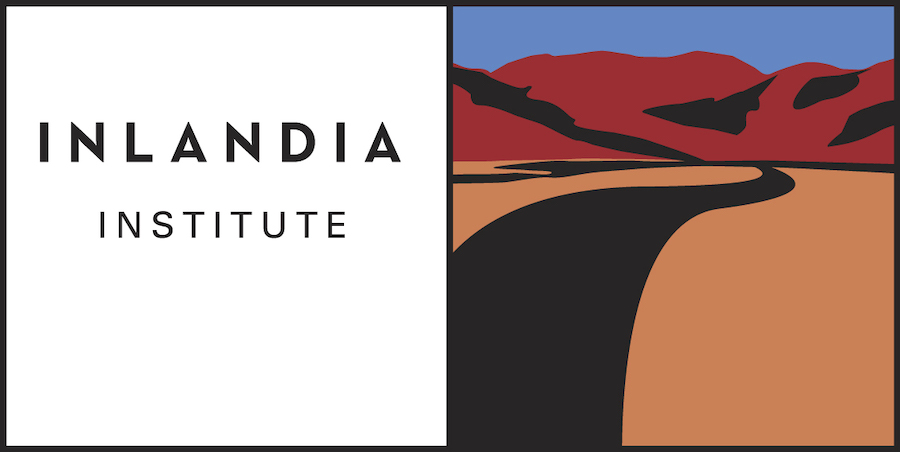There’s no better way to beat the winter slump than by staying warm indoors and submitting to contests with deadlines of January 31 and February 1! Opportunities include fellowships for writers working on a biography of an important African American figure (or figures); publication of novels-in-stories, novels-in-poems, and hybrid forms; and an award for a story written in Japanese that takes place in the Little Tokyo district of Los Angeles. All contests offer a cash prize of $1,000 or more and four are free to enter. May the work you do this winter, writers, bring you spring and summer rewards!
American Short Fiction
American Short(er) Fiction Prize
A prize of $1,000 and publication in American Short Fiction is given annually for a work of flash fiction. Karen Russell will judge. All entries are considered for publication. Deadline: February 1. Entry fee: $18.
Biographers International Organization
Frances “Frank” Rollin Fellowship
Two prizes of $5,000 each will be given annually to writers “working on a biographical work about an African American figure (or figures) whose story provides a significant contribution to our understanding of the Black experience.” Biographers may be at any stage in the writing process. The winners will also receive publicity through the Biographers International Organization (BIO) website, registration to the annual BIO Conference in May, and a one-year BIO membership. Adam Henig, Tamara Payne, and Eric K. Washington will judge. Deadline: February 1. Entry fee: none.
Black Lawrence Press
Big Moose Prize
A prize of $1,000, publication by Black Lawrence Press, and 10 author copies is given annually for a novel. The contest is open to traditional novels as well as “novels-in-stories, novels-in-poems, and other hybrid forms that contain within them the spirit of a novel.” The editors will judge. Deadline: January 31. Entry fee: $27.
Ghost Story
Screw Turn Flash Fiction Competition
A prize of $1,000 and publication on the Ghost Story website and in the 21st Century Ghost Stories anthology is given twice yearly for a work of flash fiction with a supernatural or magical realism theme. Deadline: January 31. Entry fee: $15.
Iowa Review
Iowa Review Awards
Three prizes of $1,500 each and publication in Iowa Review are given annually for works of poetry, fiction, and creative nonfiction. All entries are considered for publication. Deadline: January 31. Entry fee: $20.
Little Tokyo Historical Society
Imagine Little Tokyo Short Story Contest
Two prizes of $1,000 each and publication in Rafu Shimpo and on the Discover Nikkei and Little Tokyo Historical Society websites are given annually for short stories that take place in the Little Tokyo district of Los Angeles and “capture the cultural spirit” of the neighborhood. One prize is given for a story written in English; the other is given for a story written in Japanese. Deadline: January 31. Entry fee: none.
PEN America
Emerging Voices Fellowship
Twelve fellowships of $1,500 each and participation in a virtual five-month mentorship program, which includes one-on-one mentorship with an established writer; introductions to editors, agents, and publishers; a professional headshot; and a one-year PEN America membership are given annually to emerging poets, fiction writers, and creative nonfiction writers “from communities that are traditionally underrepresented in the publishing world.” Fellows will also participate in workshops on editing, marketing, and building a professional platform. Writers who have not yet published a book and who do not hold an advanced degree in creative writing are eligible to apply. Deadline: January 31. Entry fee: $25.
Poetry Center at Passaic County Community College
Paterson Poetry Prize
A prize of $2,000 is given annually for a poetry collection published in the previous year. The winning poet is expected to participate in an awards ceremony, give a reading, and teach a workshop at the Poetry Center in Paterson, New Jersey. Books of at least 48 pages are eligible. Deadline: February 1. Entry fee: none.
Southern Indiana Review
Michael Waters Poetry Prize
A prize of $5,000 and publication by Southern Indiana Review Press is given annually for a poetry collection. Michael Waters will judge. All entries are considered for publication. Deadline: February 1. Entry fee: $30, which includes a subscription to Southern Indiana Review.
Stadler Center for Poetry & Literary Arts
Philip Roth Residencies
Two four-month residencies, which include a stipend of $5,000 each, at the Stadler Center for Poetry & Literary Arts at Bucknell University are given annually to writers in any literary genre, including poetry, fiction, creative nonfiction, hybrid works, and graphic novels, working on a first or second book. Deadline: February 1. Entry fee: none.
Visit the contest websites for complete guidelines, and check out the Grants & Awards database and Submission Calendar for more contests in poetry, fiction, creative nonfiction, and translation.





